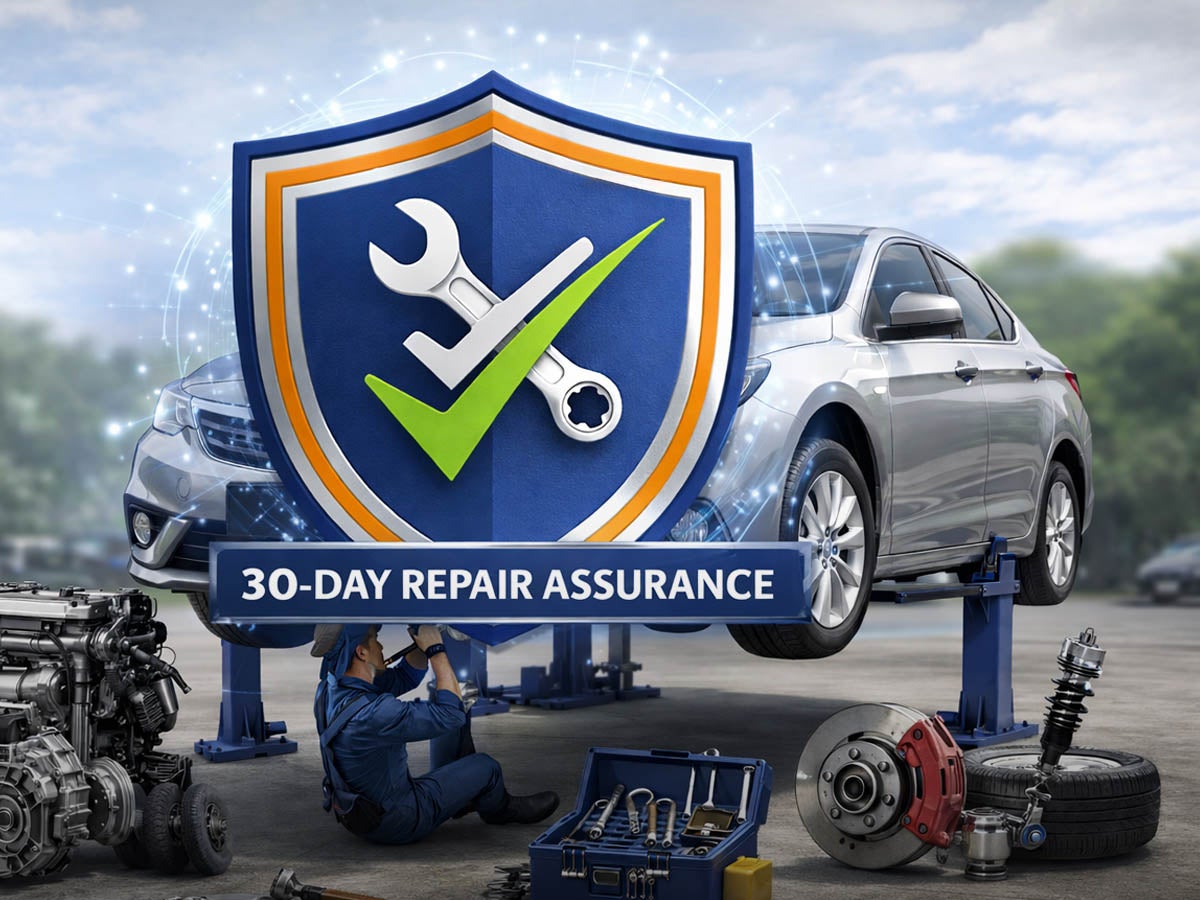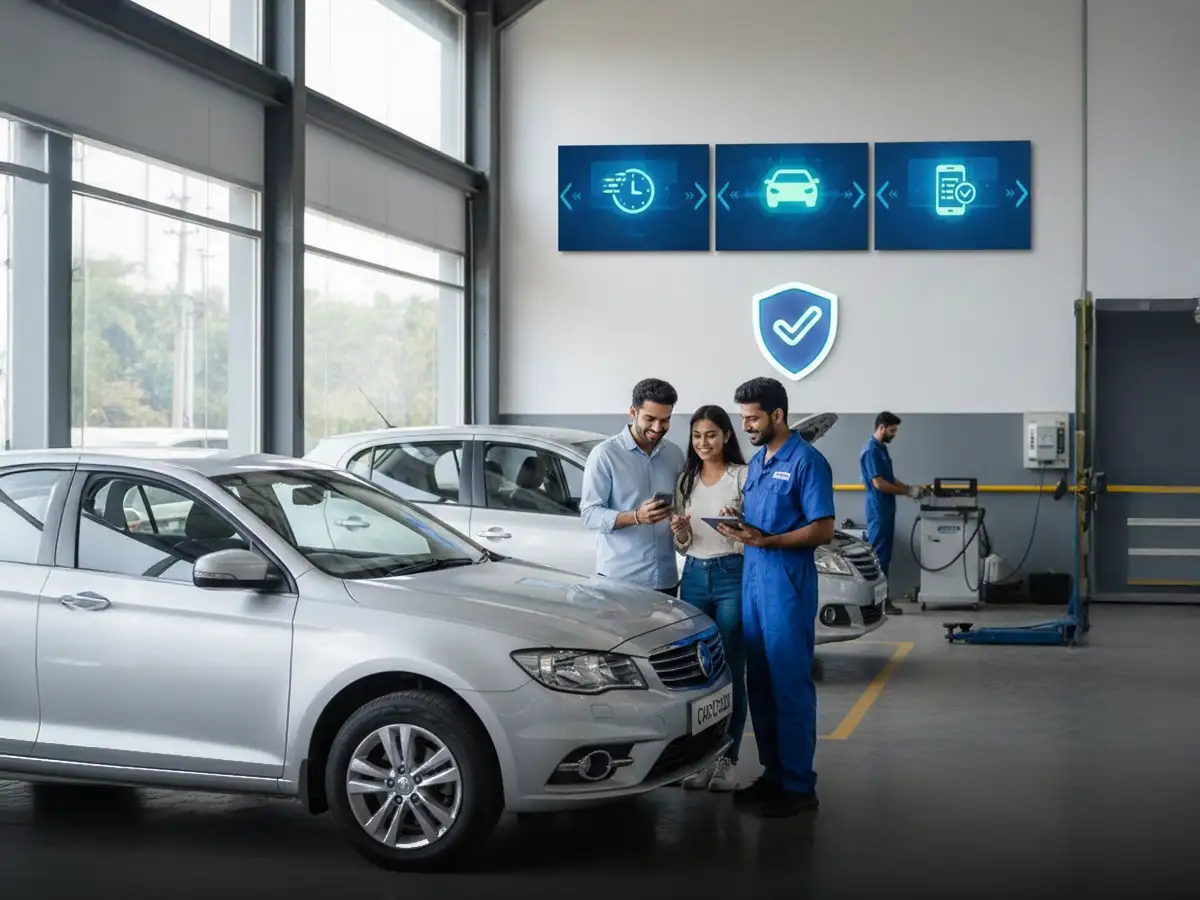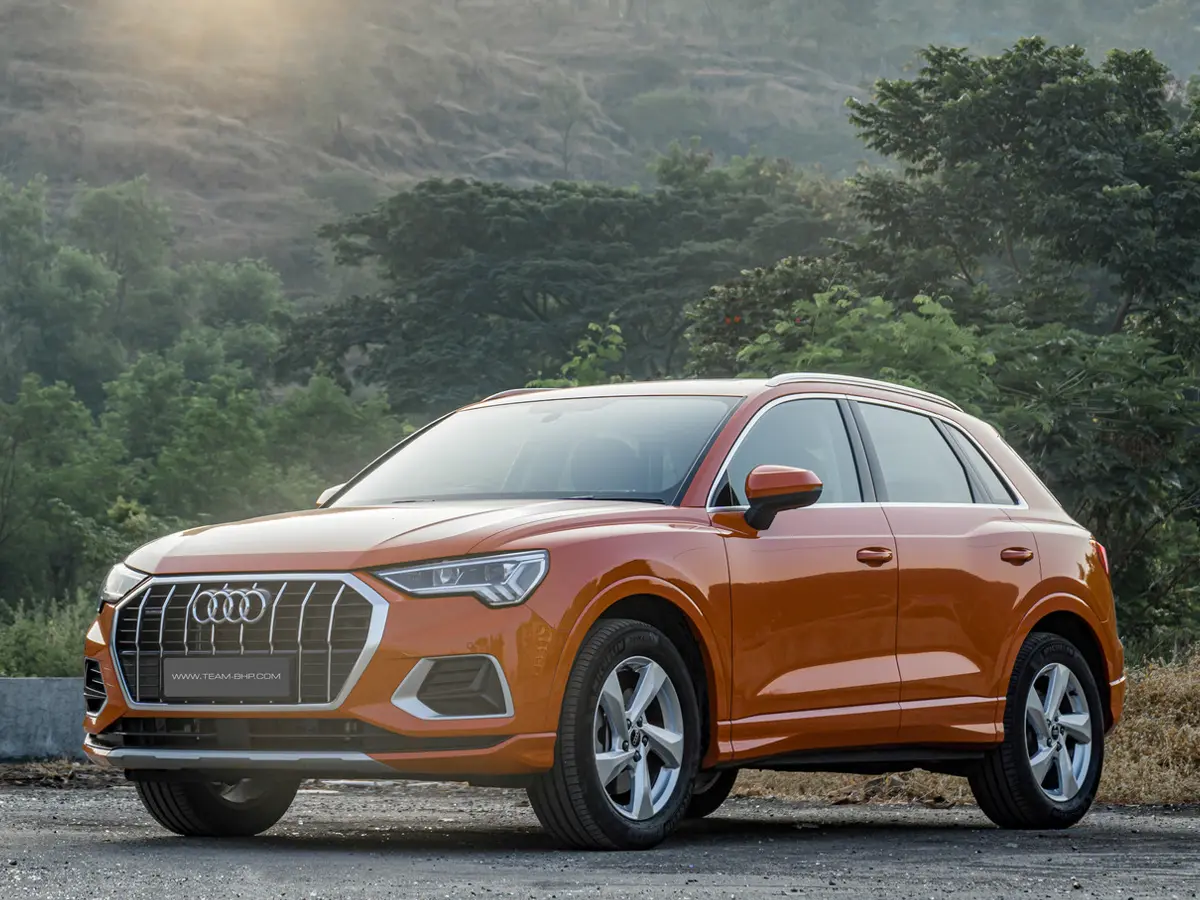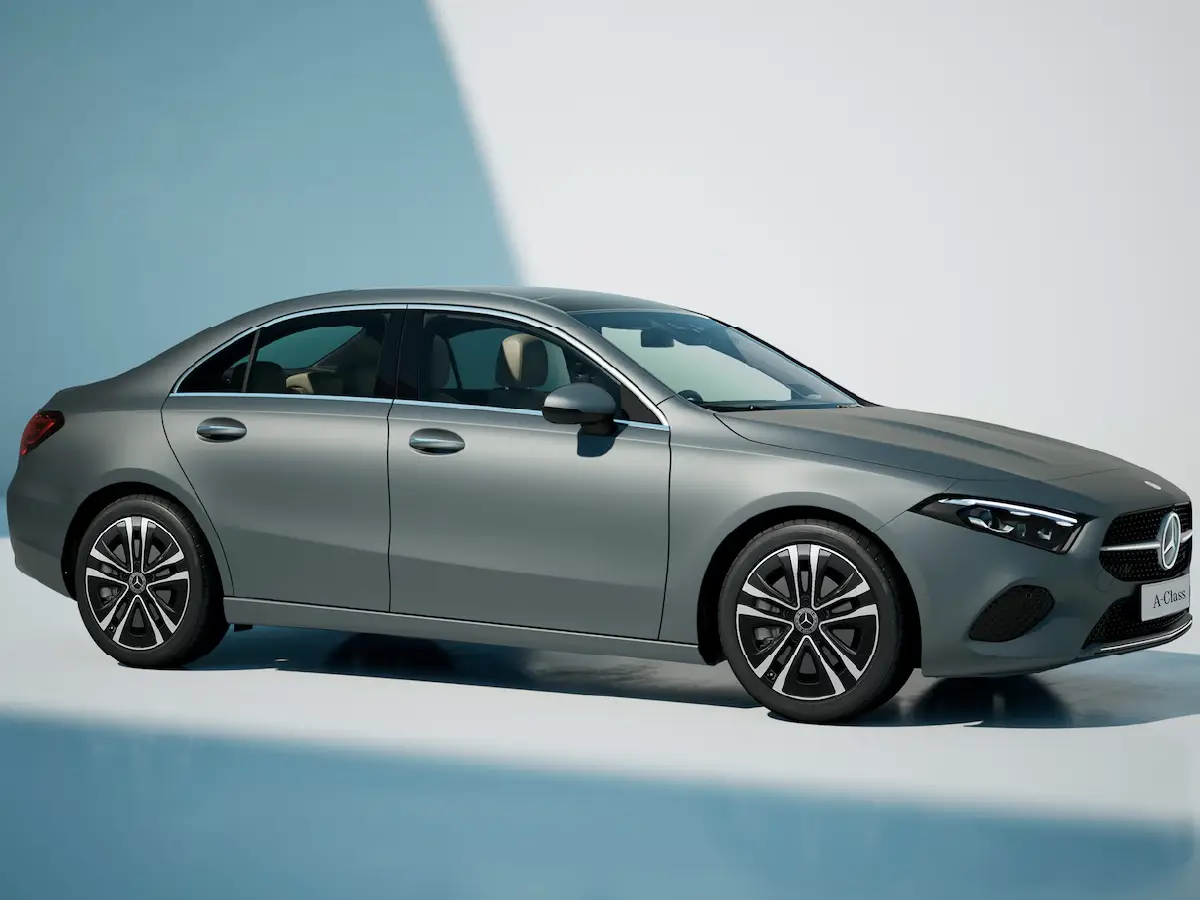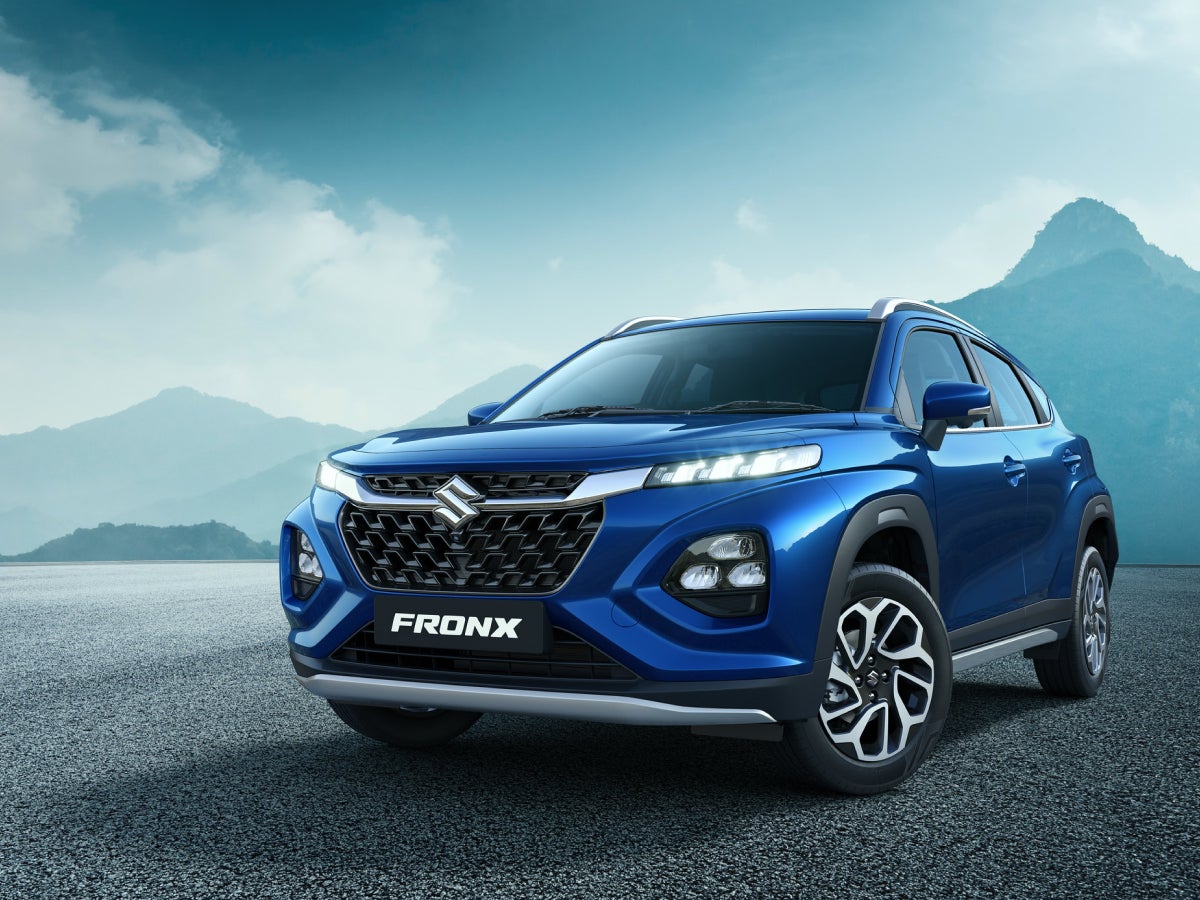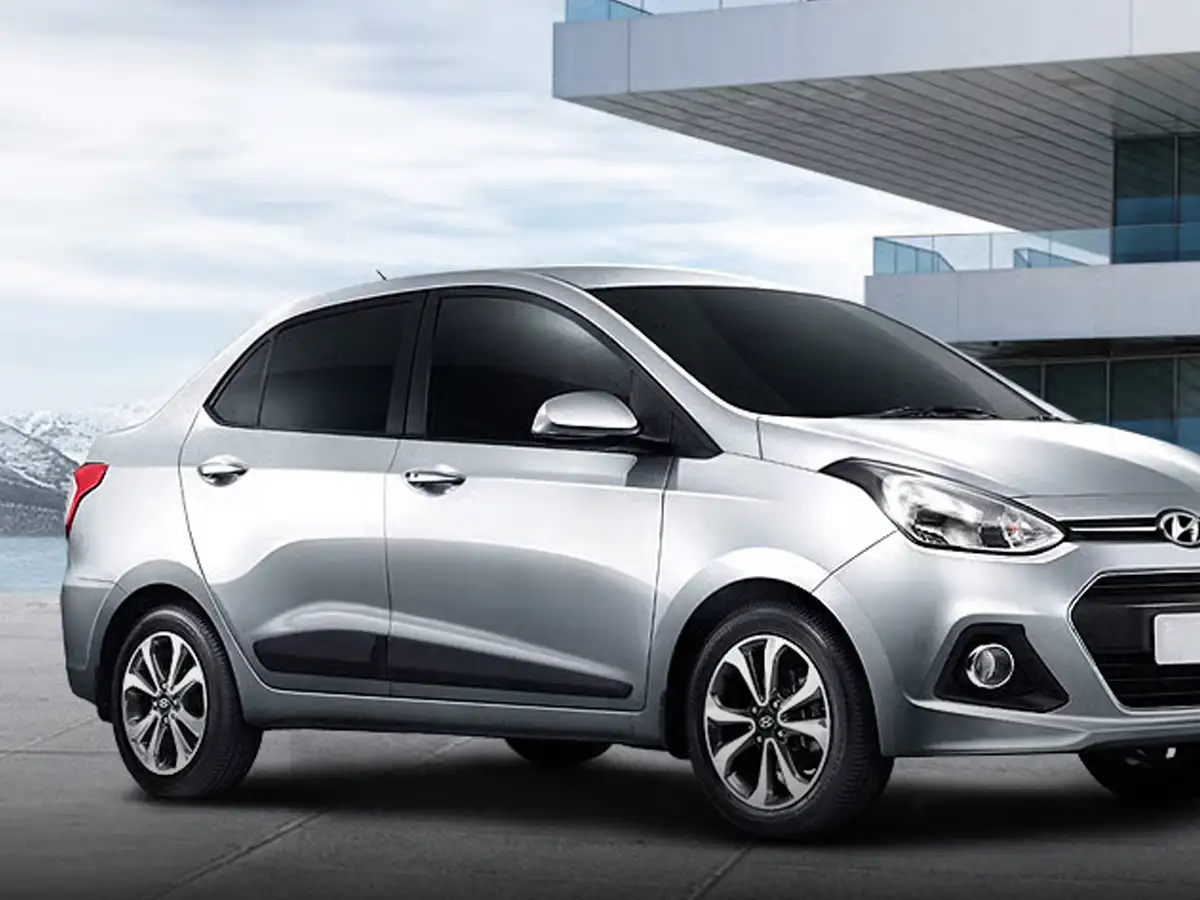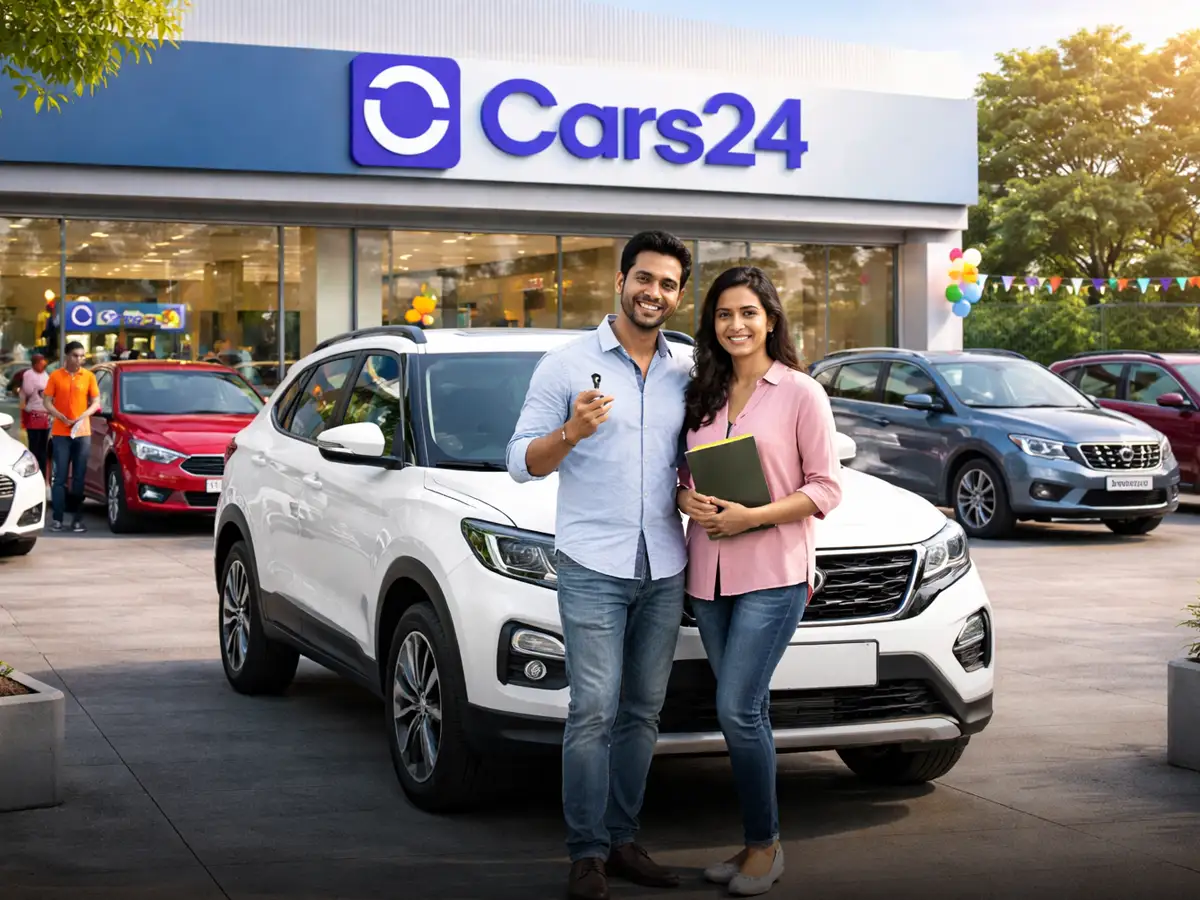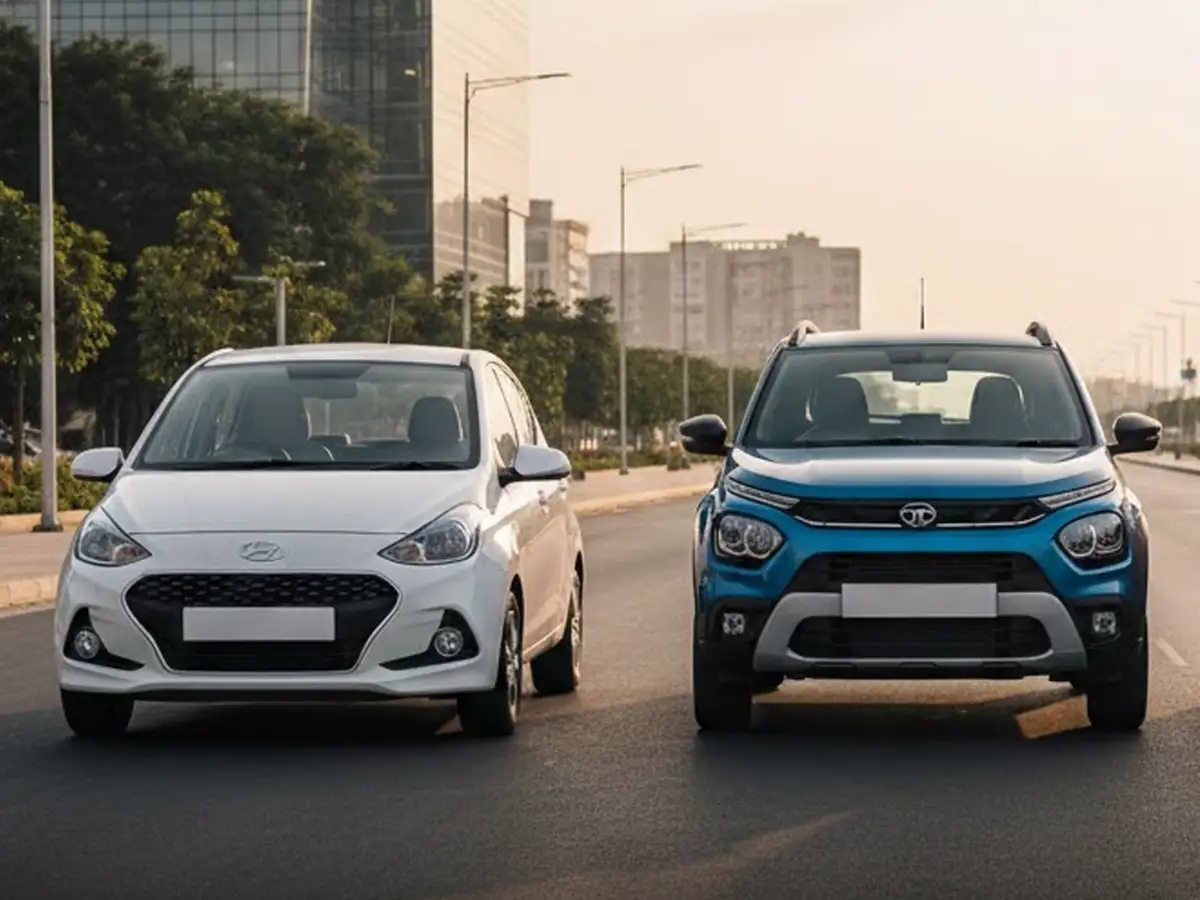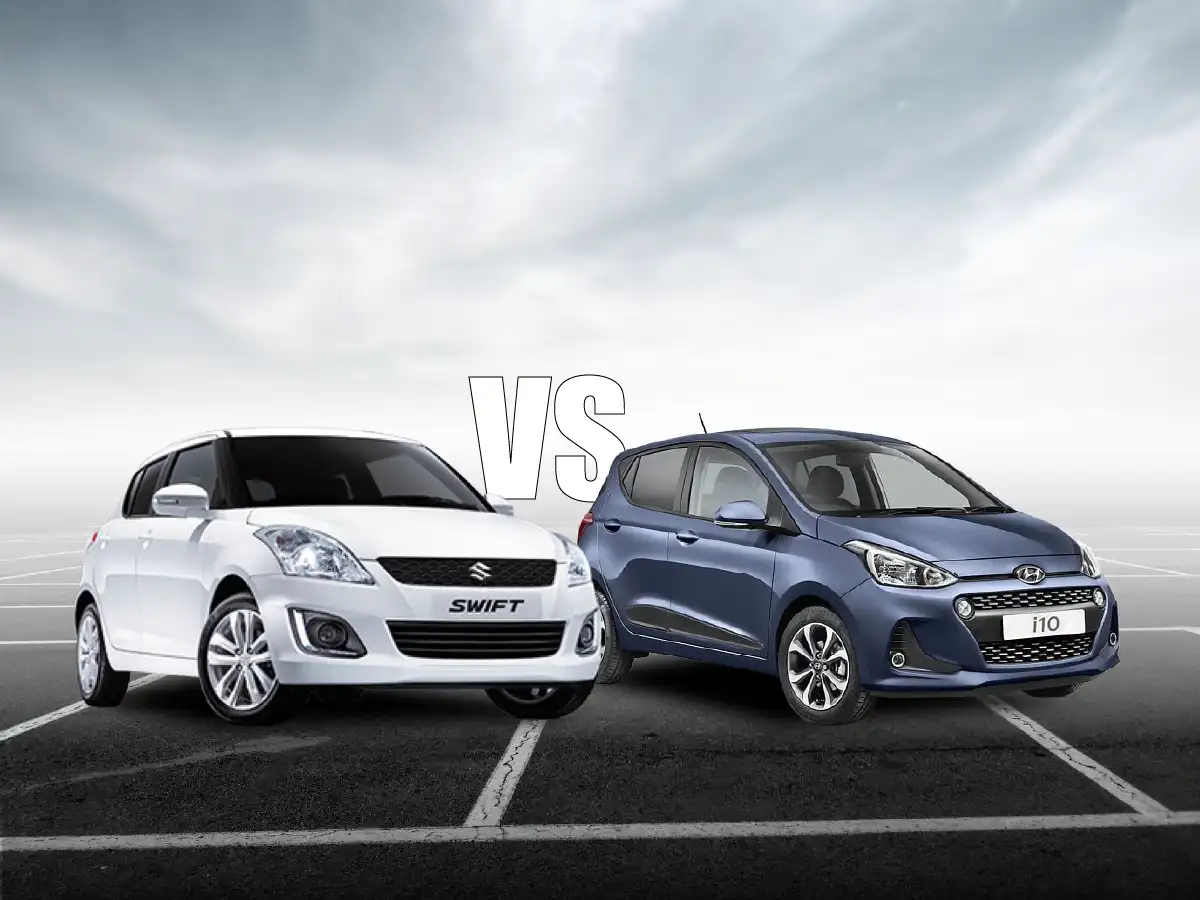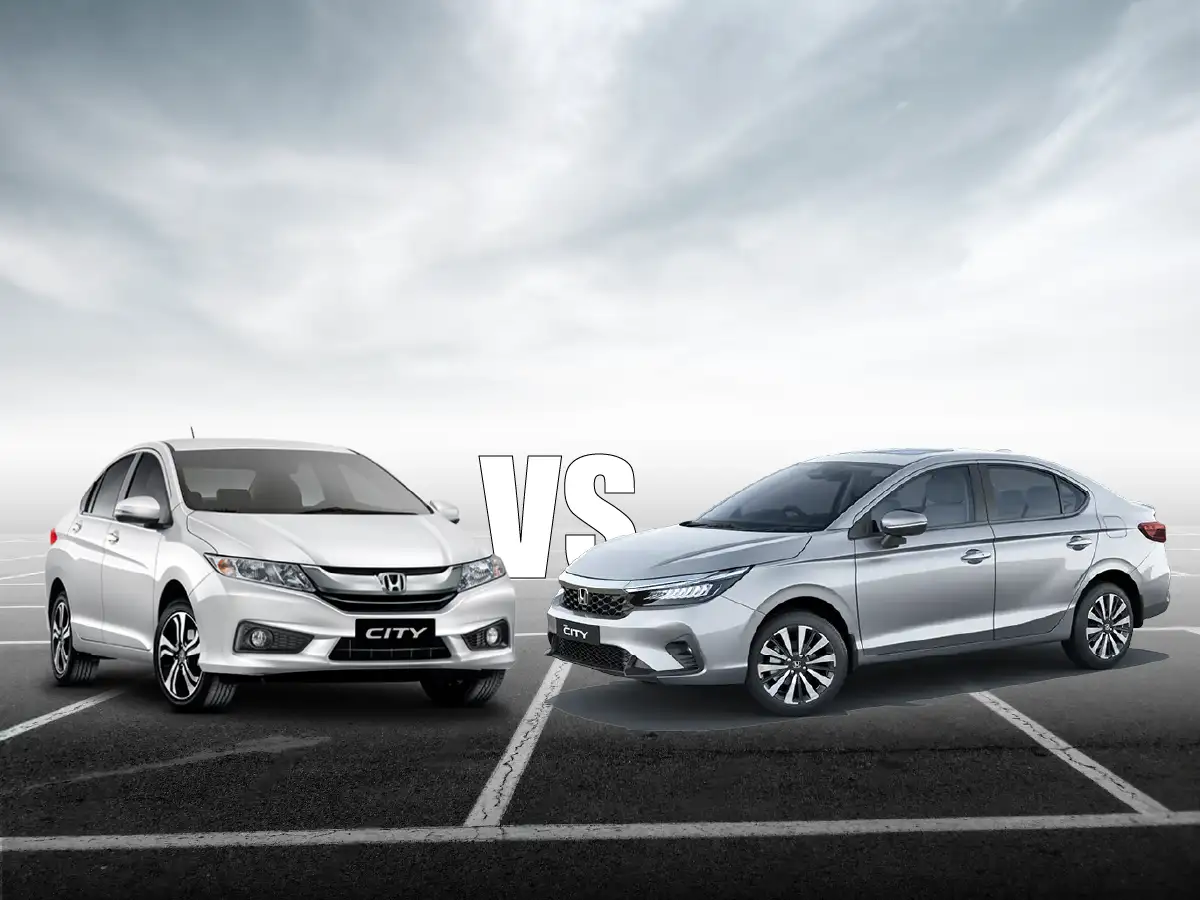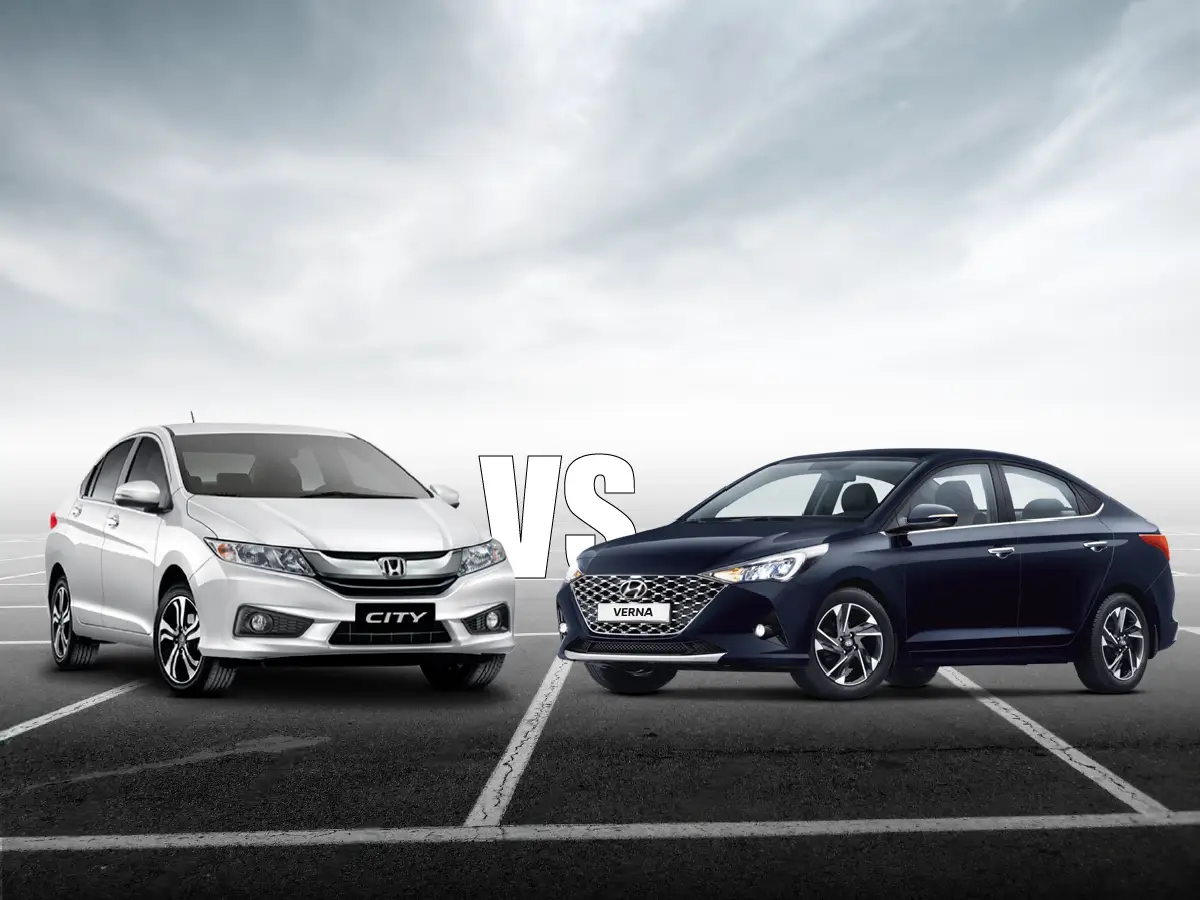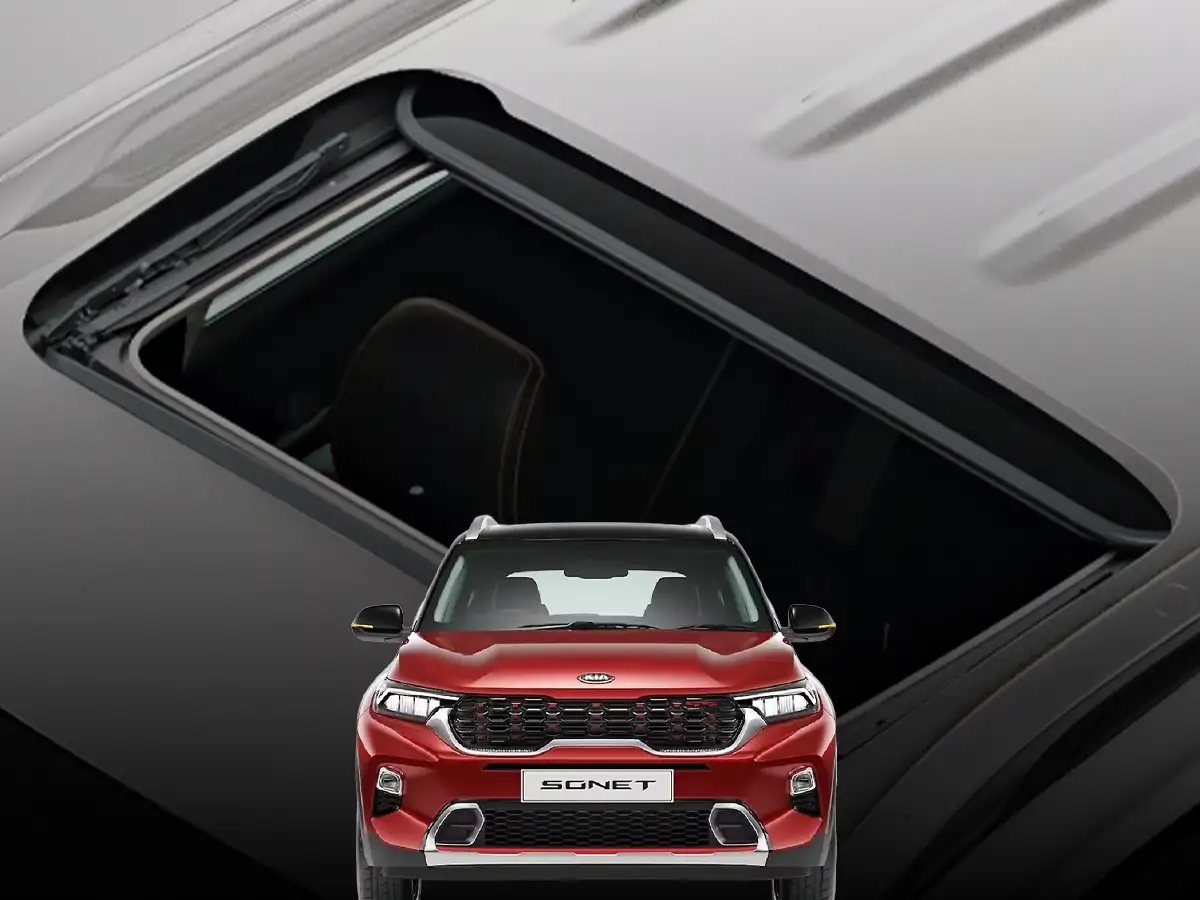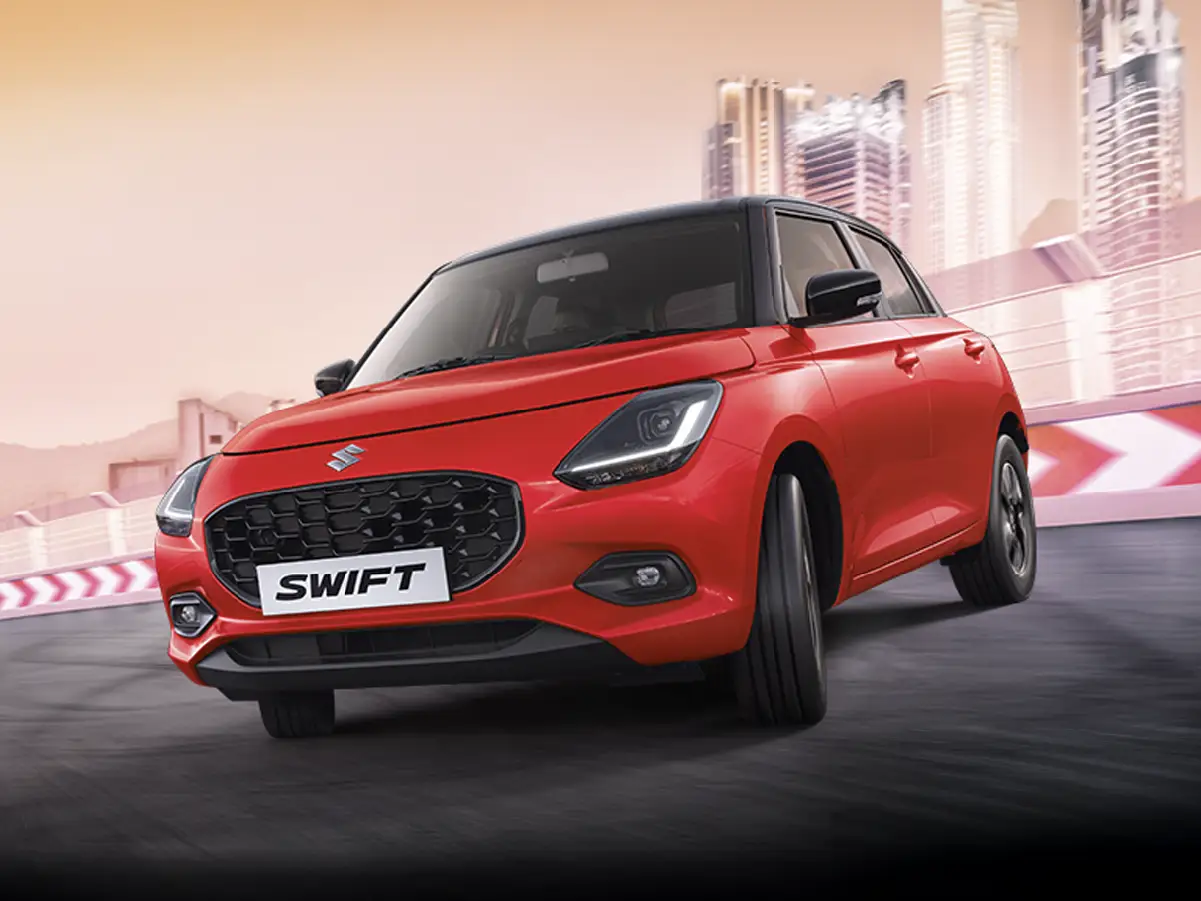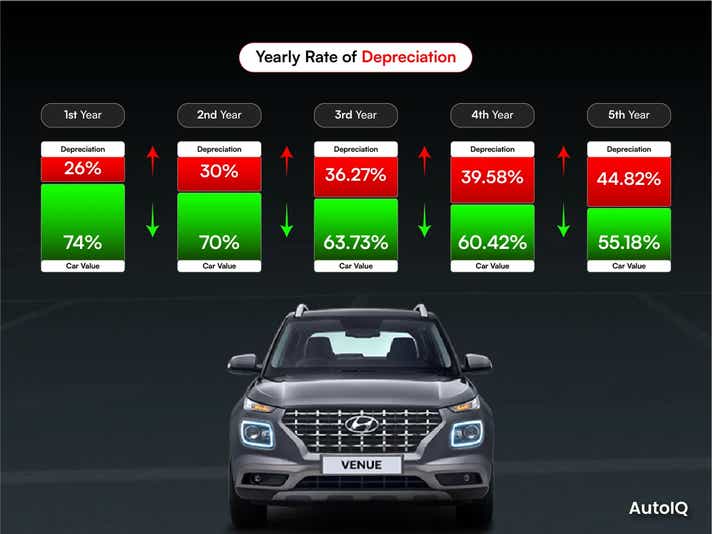

Why Hatchbacks Offer the Best Resale Value Against SUVS and Sedans
- 1Hatchbacks maintain better resale value longer than SUVs and sedans
- 2SUVs retain the highest resale value in the first three years
- 3Depreciation slows down after the third year for all car types
It’s common knowledge that cars and all other vehicles are classified as depreciating assets. Despite costing a substantial sum of money, it’s inevitable for the vehicle to drop in monetary value over time. Depreciation, therefore, is an unavoidable reality in the automotive industry. The moment a car is driven off the showroom floor, its value immediately begins to decline.
However, not all cars depreciate at the same rate. Understanding which body type offers the best resale value can help make smarter buying decisions. Hatchbacks, SUVs, and sedans lose resale value differently. As per the CARS24’s 2024 used car market report, hatchbacks prove to be the best at retaining value over time. How do hatchbacks retain better resale than sedans? Do more expensive cars translate to better resale? We break down the depreciation trends, classified by body type, backed by real-world data, and explore why certain cars have better resale value over others.
Understanding Car Depreciation

Car depreciation is the gradual loss of a vehicle’s monetary value over a period of time. Many factors influence this loss in value, including:
- Brand perception and demand
- Mileage and usage patterns
- Market trends and fuel efficiency
- Repair and maintenance costs
- Availability of newer models
While all cars depreciate, the rate at which they lose their monetary value varies significantly across different body types. Thus, a hatchback being more popular and affordable may see better resale value and higher demand in the second hand car market than a full-size luxury SUV. Of course, the latter has its place and value but is a niche, thus, the humble hatchback takes the majority in this equation.
Depreciation Trends by Body Type
As mentioned earlier, different types of cars depreciate at varying rates depending upon their demand in the used car market. The monetary value of a particular car type may be favoured over others, thus, determining that segment’s overall resale value. There are outliers to this trend where an uber-premium hatchback may not conform to the same trend as an entry to mid-level hatchback. We’ve parked those exceptions aside and are looking at an overall trend among popular car body types.
Hatchbacks: The Best at Holding Resale Value
Our data suggests that hatchbacks consistently hold their value longer than sedans and SUVs. The depreciation rate for hatchbacks over a five-year period is lower than that of other body types.
Hatchback Depreciation Data

This data shows that after five years, a hatchback retains approximately 60% of its original value with a majority of the depreciation happening after the first two years. This makes hatchbacks the most cost-effective option for buyers looking for long-term value. Pre owned hatchback cars therefore make a lot of sense for used car buyers as they’ll better hold their value to be resold again. In such cases, the hatchback is less likely to lose significant value at the time of the second or third resale.
SUVs: Retain Value in Early Years
SUVs have gained massive popularity due to their commanding road presence, higher ground clearance, and perceived safety benefits. In the first three years, SUVs exhibit a lower depreciation rate compared to hatchbacks. However, the rate accelerates significantly after the third year.
SUV Depreciation Data

SUVs tend to retain their value well in the early years, making them an excellent choice for buyers who frequently upgrade within the first three years. This would also mean that used SUVs are more expensive to purchase if they’re two-three years old. As a result, three-year-old or older second hand SUVs would be more cost effective if you’re planning on buying a used one.
Sedans: The Steepest Depreciation Curve
Sedans tend to have the highest depreciation rates among all three body types. This could be attributed to the fact that demand for sedans has declined dramatically in recent years. Lower demand directly affects their resale value in the used car market.
Sedan Depreciation Data

Sedans depreciate faster primarily due to their lower demand. The data suggests a sharp decline in their value from the second year onwards, retaining just over 50% of their value after five years. Relatively increased maintenance costs for sedans compared to hatchbacks, and competition from compact SUVs that offer similar features with added practicality are primary factors in their quick depreciation. Nevertheless, sedans still have a fan-following and status attached to them and some sedans excel in the pre owned market.
Why Do Hatchbacks Retain Value Better?

1. Lower Initial Cost and Higher Demand
Hatchbacks generally have a lower purchase price than sedans and SUVs. This affordability factor for hatchbacks keeps them in high demand, especially among pre owned cars, where buyers look for budget-friendly options. This is a major factor that helps retain a higher resale value for cars in this segment.
2. Better Fuel Efficiency
Fuel efficiency is a significant factor affecting resale value of used cars. Hatchbacks typically offer superior mileage compared to sedans and SUVs, making them a preferred choice for cost-conscious buyers. This also translates to lower running costs, again favouring the cost-effectiveness of used hatchbacks.
3. Lower Maintenance Costs
Hatchbacks have simpler mechanical components, making repairs and maintenance more affordable. Lower maintenance costs of hatchbacks translate to better resale value since buyers anticipate reduced upkeep expenses.
4. Urban-Friendly Design
Hatchbacks are compact and easier to maneuver, making them ideal for city driving. Their practicality enhances their desirability in the used car market, keeping depreciation rates lower.
5. Strong Aftermarket Demand
Hatchbacks have strong second hand demand due to their versatility and affordability. Models like the Maruti Suzuki Swift, Hyundai i20, and Tata Altroz consistently perform well in second hand markets.
Strategies to Minimise Depreciation Loss

While hatchbacks naturally hold their value better, there are steps that owners can take to maximise their car’s resale value:
1. Maintain the Car Well
Regular and timely services as well as general upkeep and maintenance helps in keeping the car in good shape, thus, boosting its resale price.
2. Limit Mileage
High mileage cars experience accelerated depreciation. If possible, keeping the usage and mileage moderate, ensures better value retention.
3. Choose Popular Models
Some hatchbacks have higher demand in the used car market than others even in the same segment. Opting for popular models increases the chances of getting a better resale price.
4. Sell at the Right Time
Cars depreciate the most in the first two-three years. Selling between the third and fifth year can help maximise resale value.
5. Avoid Custom Modifications
Extensive aftermarket modifications may reduce resale value as a majority of buyers prefer vehicles in their original condition. Moreover, personalised exterior and/or interior modifications may not be to everyone’s taste.
Conclusion
Depreciation is inevitable, but hatchbacks stand out as the best choice for long-term value retention. Their affordability, fuel efficiency, low maintenance costs, and high demand make them the most practical option for buyers looking to maximise their resale value. SUVs perform well in the short term but see steeper depreciation beyond three years. Sedans, on the other hand, have the highest depreciation due to declining demand over the years as compact SUVs gain popularity. For those looking to get the most out of their investment, hatchbacks retain the best value in the ever-evolving automotive market.
Frequently Asked Questions
Expand all